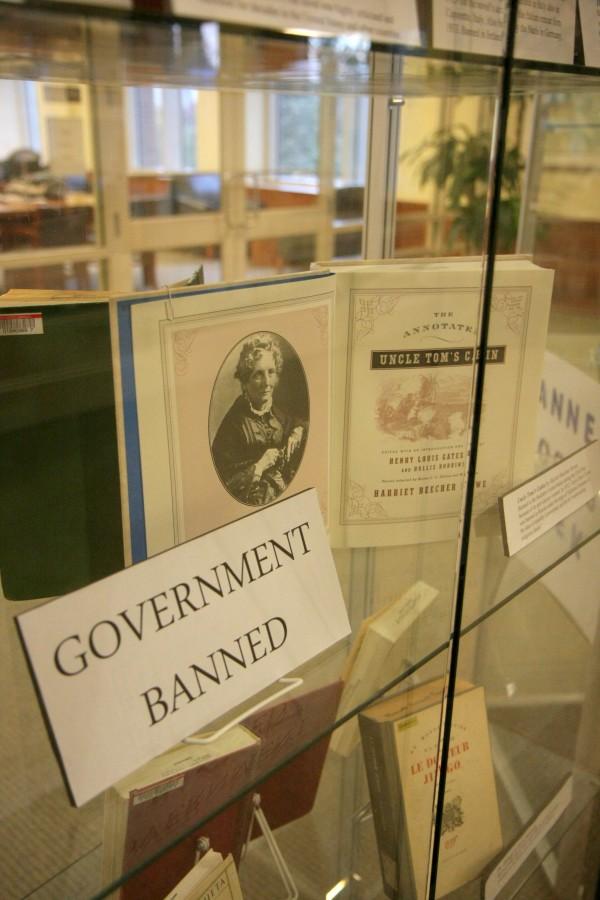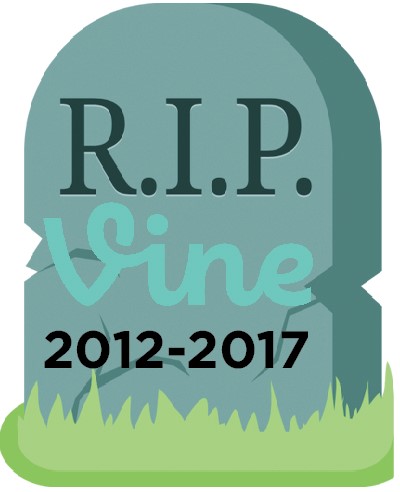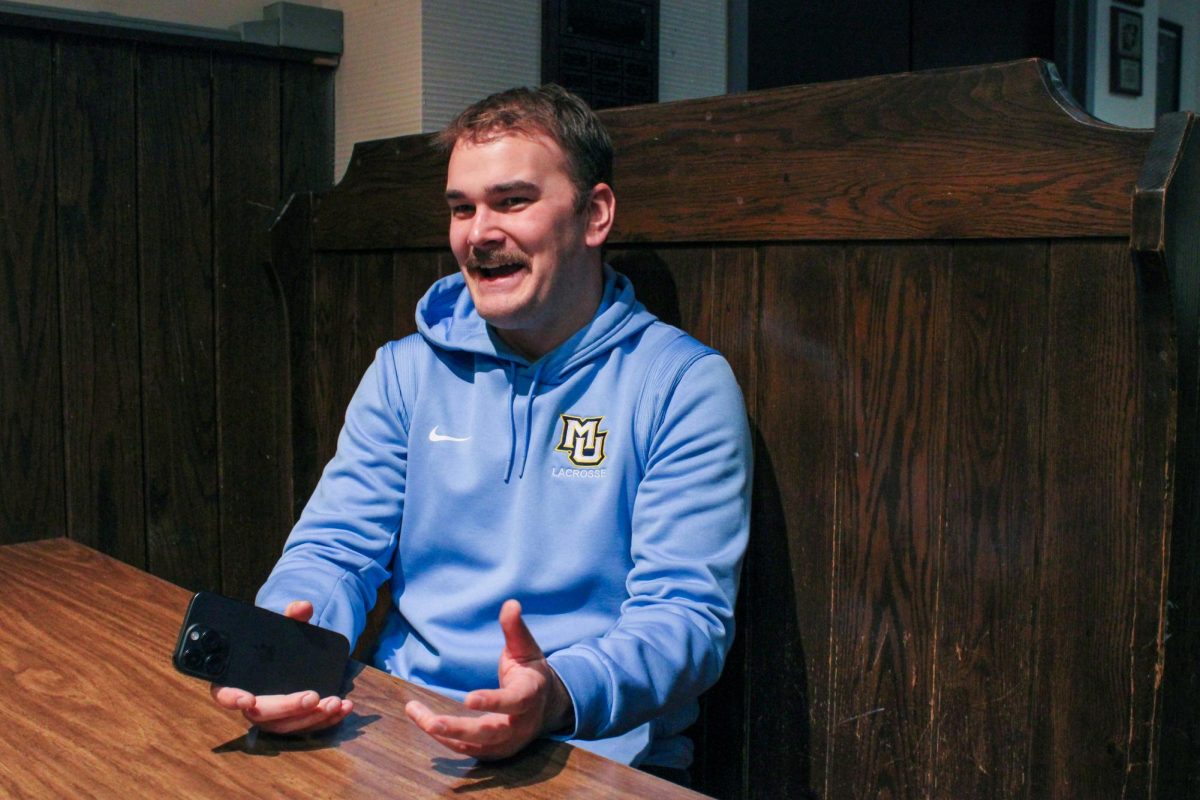Successful YouTuber Logan Paul came under fire at the end of December for posting a controversial video. The video blog featured him and his friends in the Aokigahara Forest in Japan, where the group happened upon a dead body hanging from a tree, which Paul filmed.
Not only that, but he and his friends went as far as to laugh and joke about what they saw. This forest is a place where many individuals choose to end their lives. The fact that Paul deemed it appropriate to film the moment and location is just one example of how the moral compass of social media is broken, and people will post anything to gain publicity.
After this situation, many people were outraged. Despite that outrage, Paul’s YouTube account gained 81,114 subscribers after the video was posted. YouTube’s prank culture has pushed contributors to include huge shock value to gain subscribers, even at the risk of creating distasteful and detrimental content.
There have been many tweets since this incident from people expressing that they miss how YouTube used to be. Due to the accessibility of social media, simple, lighthearted pranks and daily vlogs just don’t cut it anymore. People can miss the “old YouTube” all they want, but those old videos don’t rack up enough views in today’s society.
This situation extends farther than just YouTube. Shock-value content is prevalent on platforms like Instagram and Twitch, a live streaming video platform. The biggest reason why this seems to be happening is that these sites don’t have a clear set of rules and expectations that they enforce across all the various social media platforms.
YouTube restricts content that is hateful, sexual and violent, among other things. Instagram also forbids sexual content and posts that would be against the law.
Continuing forward, the best way to fix this situation would be to implement a set of rules and regulations that apply to all social media platforms. A great deal of confusion would be eliminated if there was one set of restrictions applied to all social sites.
Unfortunately, these guidelines are not always followed, and because of this, there can be many discrepancies between what is and is not censored. Content creators feel like they can post whatever they want because there are no repercussions. Even though, according to these site’s guidelines, the posts should be removed.
Social media websites should be a place where people know what is appropriate. It seems that every day there is a new scandal of a creator posting inappropriate content. Many YouTubers have recently expressed frustration over the frequent demonetization of their videos. There are rumors that this might just be a YouTube algorithm error, but either way, people aren’t getting paid for their videos like they once were. If creators aren’t going to be paid for what they work hard to produce, there is very little incentive to attempt to make upstanding content.
All the blame for this shift in morality cannot be placed on social media sites, nor can it be on the people who create the posts. Guidelines need to be enforced all the time and equally on everyone.
People also need to strongly consider what they post. There can only be so many apology videos before viewers are completely fed up. And while Paul might have gained followers for his stunt, he has done nothing but apologize frantically since the incident.
The issue with Paul’s tasteless post is more than just young children seeing a video they shouldn’t. There are families and friends of the deceased who certainly wouldn’t have wanted jokes made about their loved one, let alone have their death broadcasted.
A lot of this definitely came about because of the ease of social media. With users scrolling through sites multiple times a day, bigger and better content is always the goal. If expectations were lower, then there wouldn’t be as much of a need to post things with huge shock value.
Whether or not things change, it is important to speak out about content that is inappropriate. Content has to please the viewers for the creators to make money. Therefore, the power is really in the hands of viewers.








